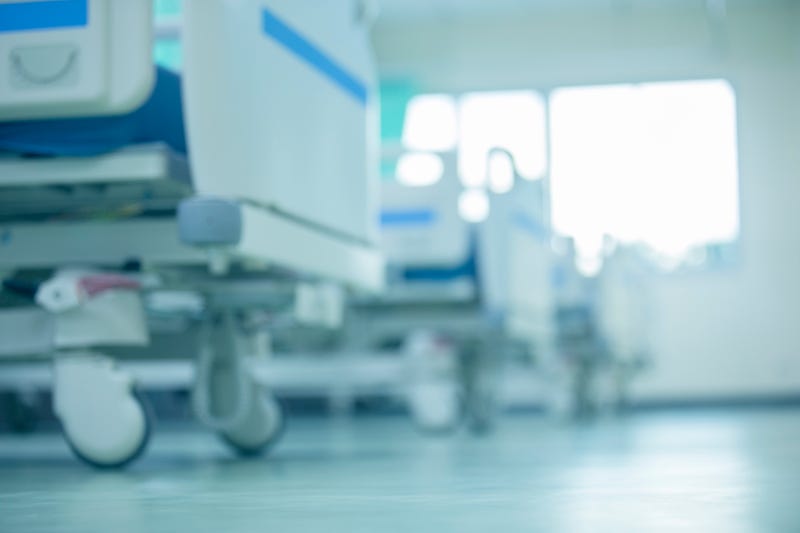
(WWJ) – A specialty hospital in Detroit has voluntarily stopped admitting patients due to an outbreak of a drug-resistant germ, the Michigan Department of Health and Human Services announced Monday.
Select Specialty Hospital - Northwest Detroit is working with MDHHS and the Detroit Health Department to end a Candida auris outbreak.
Select Special Hospital is a 36-bed critical illness recovery hospital, located on the 7th floor of Sinai-Grace Hospital on Outer Drive on the city’s northwest side. It is separately licensed and has a separate patient care area.
Health officials say the pause in admissions only pertains to Select Specialty Hospital and doesn’t impact operations at Sinai-Grace.
Officials say there has been documented spread of Candida auris within the facility, but did not say how many cases there have been. In general, an outbreak is defined as three or more epidemiologically linked cases.
C. auris is a drug-resistant germ that can spread in health care facilities through contact with affected patients and contaminated surfaces or equipment, health officials said.
It is a yeast that can cause serious infections and even death, particularly in hospital and nursing home patients with serious medical problems. Antifungal medicines that are commonly used to treat Candida infections often don’t work for C. auris.
There have been 15 C. auris detections in Michigan since 2021, seven of which have been identified in the last five weeks in patients receiving services at Select Specialty Hospital – Northwest Detroit, officials said.
To date, there have not been any life-threatening illnesses or deaths from this outbreak and MDHHS officials say there is not a threat to the general public.
In addition to pausing admissions, Select Specialty Hospital – Northwest Detroit has also voluntarily adopted the following protocols:
• Screening all patients for auris prior to discharge and notifying the receiving entity of the C. auris outbreak at the facility and the results of the patient’s screening.
• Conducting facility-wide auris screening of all patients at least once every two weeks.
• Allowing MDHHS and cooperating public health agencies, including the local health department and the Centers for Disease Control and Prevention, to conduct a public health investigation.
“We appreciate the cooperation of the facility in voluntarily pausing admissions as we work together to address these potentially dangerous infections and protect vulnerable Michigan residents,” Hertel said.


